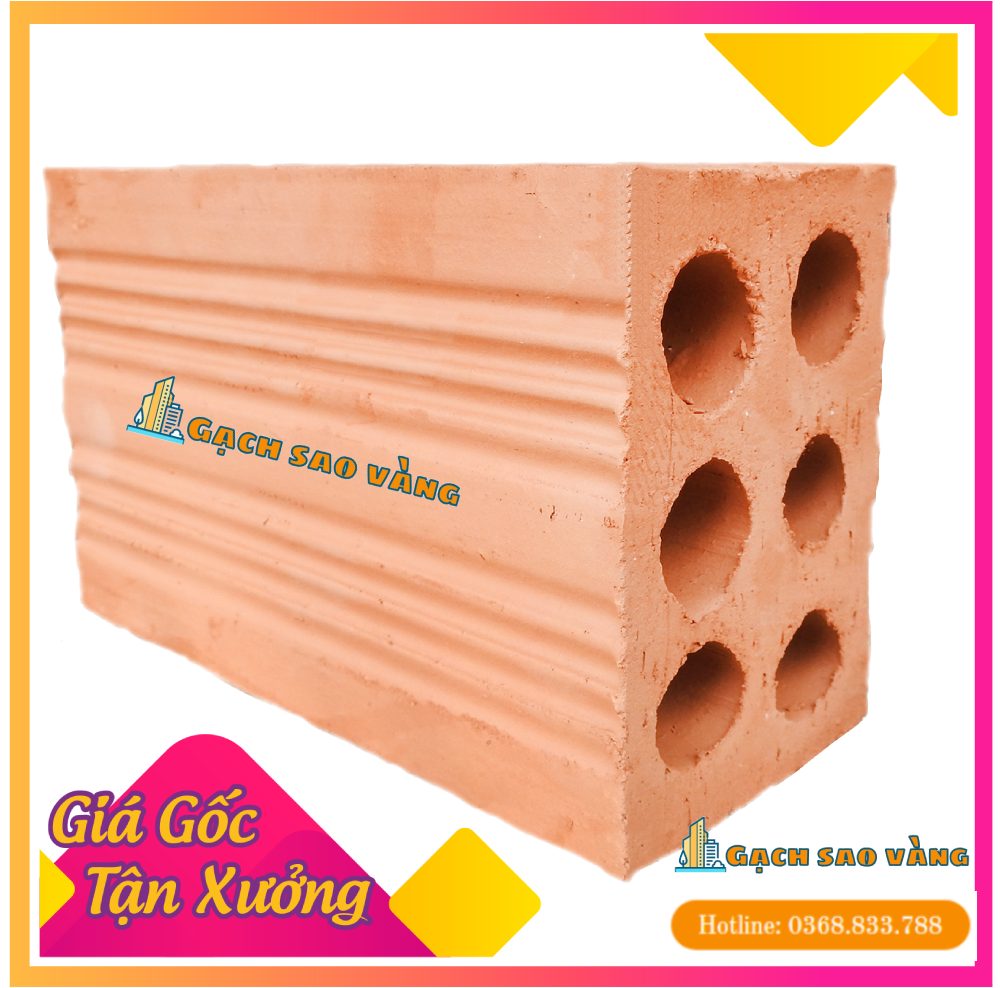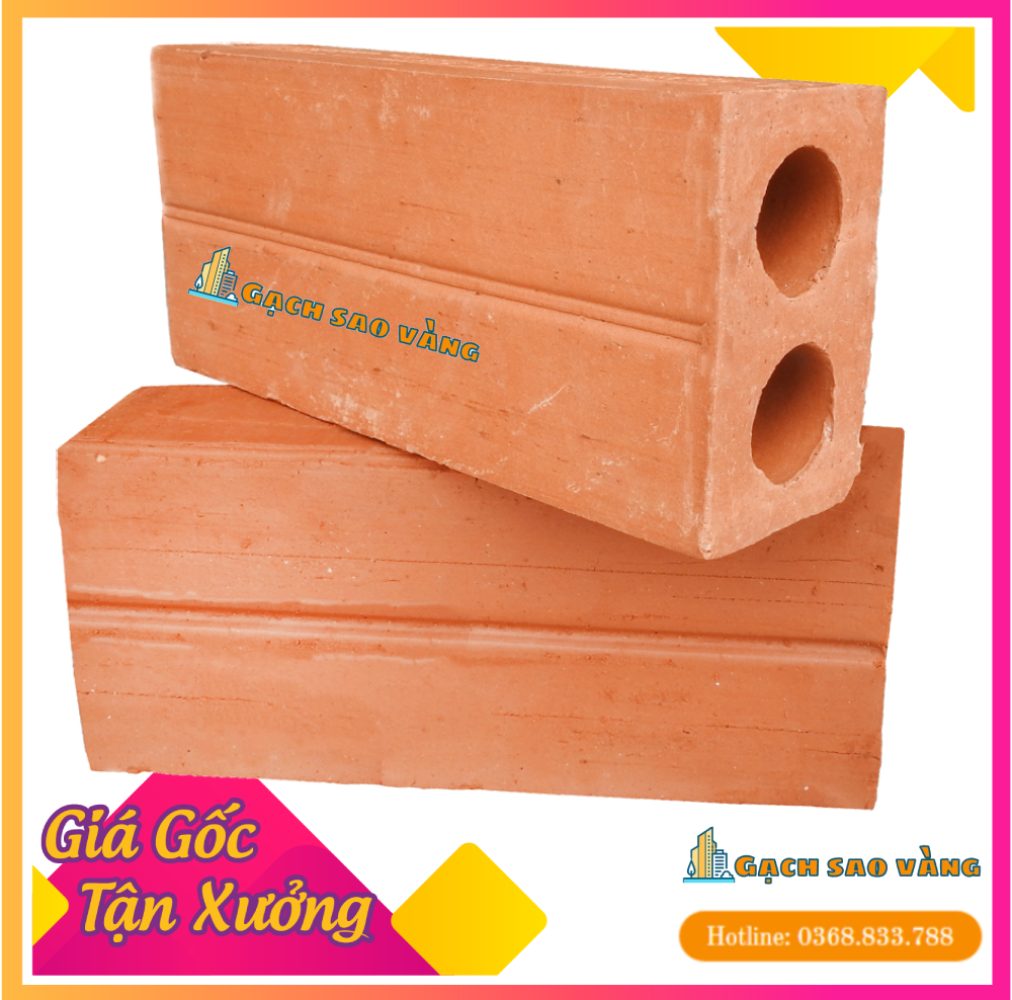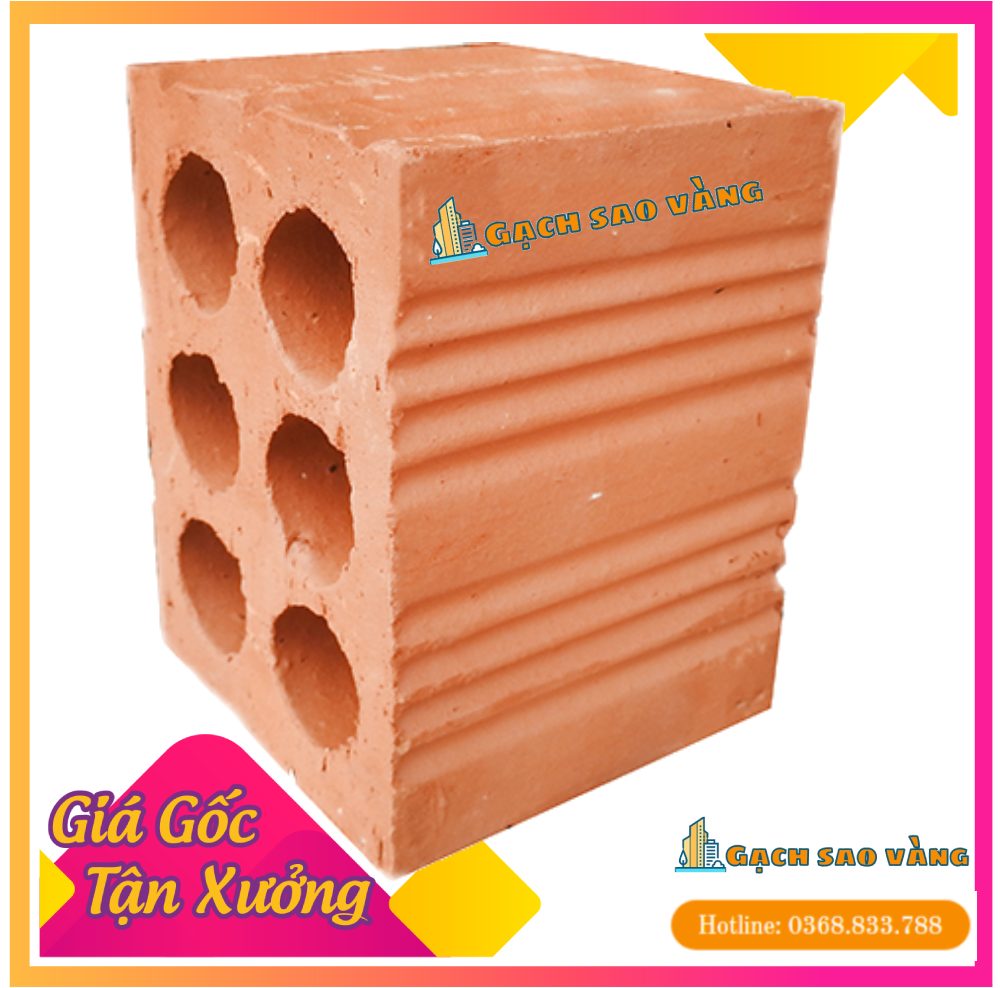
Gaming with Wrapped Tokens
In recent years, the gaming industry has undergone significant transformations with the introduction of blockchain technology. One of the most notable innovations in this arena is the concept of wrapped tokens. Gaming with Wrapped Tokens winmatch-in.com/about-us/ These tokens represent cryptocurrencies on other blockchain networks, enabling players to enjoy enhanced functionalities, interoperability, and increased liquidity. This article delves deeper into the role of wrapped tokens in gaming, their benefits, challenges, and how they are reshaping the industry.
Understanding Wrapped Tokens
Wrapped tokens are essentially cryptocurrency tokens that can be used on different blockchain networks. They are created by locking up an original asset in a smart contract, which then generates a corresponding token on the target blockchain. The most recognized example of a wrapped token is Wrapped Bitcoin (WBTC), where each WBTC is backed by one Bitcoin (BTC) held in a custodian’s wallet.
The Importance of Wrapped Tokens in Gaming
Wrapped tokens have emerged as a vital component in the evolution of gaming ecosystems. By allowing players to use their crypto assets across various platforms, developers can launch games that offer a broader range of rewards, transactions, and interactions.
1. Interoperability
One of the key advantages of wrapped tokens in gaming is interoperability. Traditional games are often siloed, meaning that assets—such as skins, weapons, and other items—exist within their respective games and can’t be transferred to others. With wrapped tokens, assets can be seamlessly transferred across different gaming platforms, allowing players to use their assets in multiple games. For instance, a sword bought in one game could be wrapped and used in another game, enhancing the player’s experience and investment.
2. Enhanced Liquidity
Wrapped tokens improve liquidity in the gaming industry. Players can trade their in-game assets for wrapped tokens, which can then be exchanged for other cryptocurrencies or fiat. This access to liquidity allows gamers to monetize their in-game items easily. It also encourages a thriving secondary market, where gamers can buy or sell items in a decentralized manner.
3. Ownership and Rarity
Wrapped tokens empower players with true ownership of their digital assets. In traditional gaming, players may purchase items, but the ownership remains with the game developer. Wrapped tokens change this dynamic by providing a verifiable method of ownership on the blockchain. This transparency also contributes to the rarity of items. Players can easily verify the number of items in circulation, fostering a sense of scarcity and value within the market.
Challenges of Implementing Wrapped Tokens
Despite the numerous advantages, the implementation of wrapped tokens in gaming is not without challenges. Here are some of the notable issues developers and players may face:
1. Technical Complexity
The process of creating and managing wrapped tokens involves sophisticated blockchain technology that may be challenging for some developers. Smart contract vulnerabilities can lead to potential exploits, putting users’ assets at risk.
2. Regulatory Uncertainty
The regulatory landscape surrounding cryptocurrencies is still evolving. Different countries have varying regulations governing cryptocurrencies, making it complicated for gaming companies to navigate international laws. This ambiguity can deter developers from adopting wrapped tokens, fearing potential legal ramifications.
3. Market Volatility
Cryptocurrency markets are notoriously volatile. Wrapped tokens, being tied to cryptocurrencies, can experience substantial price fluctuations. This volatility can influence the perceived value of in-game assets, discouraging players from making long-term investments.
The Future of Gaming with Wrapped Tokens
As the gaming landscape continues to progress with the integration of blockchain technology, wrapped tokens have the potential to revolutionize how players interact, trade, and own in-game assets. With increasing acceptance and understanding of cryptocurrencies, we can expect more game developers to adopt wrapped tokens into their ecosystems.
Conclusion
Wrapped tokens are not just a trend; they represent the future of gaming by enhancing interoperability, increasing liquidity, and providing true ownership of digital assets. While there are inherent challenges to overcome, the benefits they offer to players and developers alike cannot be ignored. In an industry ripe for innovation, gaming with wrapped tokens promises an exciting new frontier that could redefine our gaming experiences.




